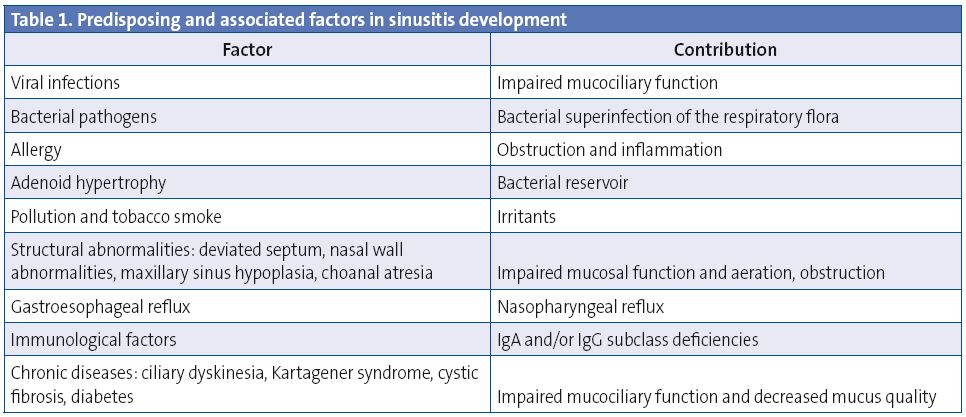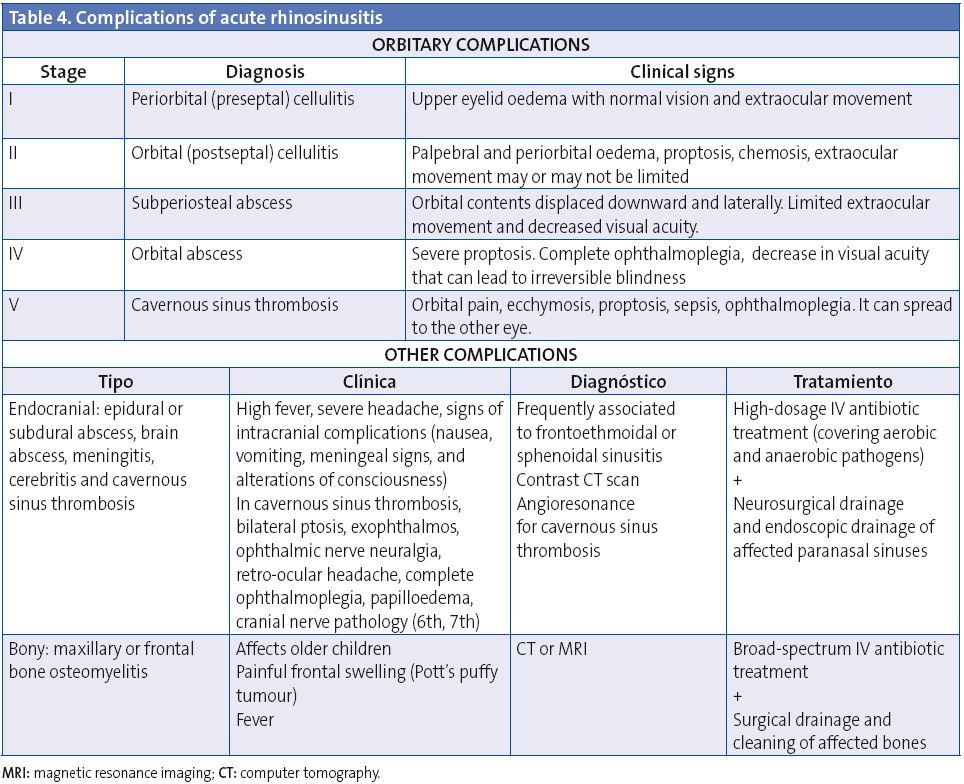Chronic sinusitis, also known as chronic rhinosinusitis, is a condition characterized by inflammation of the sinuses that persists for more than twelve weeks. Unlike acute sinusitis, which resolves within a short period, this persistent form can significantly impact an individual’s quality of life. Understanding the causes, recognizing the symptoms, obtaining an accurate diagnosis, and exploring treatment options are essential steps in managing this condition effectively.

Understanding Chronic Sinusitis
Chronic sinusitis occurs when the cavities around the nasal passages become inflamed and swollen for an extended period. This inflammation can interfere with drainage, leading to mucus buildup and creating an environment where germs thrive. The condition often develops after an episode of acute sinusitis but may also arise due to other underlying factors.
Common Causes of Chronic Sinusitis
The development of chronic sinusitis can be attributed to several factors, including:
- Nasal Polyps: These are soft, painless growths on the lining of the nasal passages or sinuses. They can obstruct airflow and mucus drainage, contributing to chronic inflammation.
- Allergies: Allergic reactions to substances such as pollen, dust mites, or pet dander can cause swelling in the nasal passages and lead to ongoing sinus issues.
- Infections: Bacterial, viral, or fungal infections can linger in the sinuses, causing prolonged inflammation. Fungal infections, though less common, are particularly stubborn and difficult to treat.
- Anatomical Abnormalities: Structural issues like a deviated septum or narrow sinus openings can impede proper drainage and ventilation, predisposing individuals to chronic sinus problems.
- Weakened Immune System: Conditions such as diabetes, HIV, or autoimmune diseases can compromise the body’s ability to fight off infections, increasing the risk of chronic sinusitis.
- Asthma: There is a strong link between asthma and chronic sinusitis, as both conditions involve airway inflammation and hypersensitivity.
Symptoms to Watch For
Individuals suffering from chronic sinusitis typically experience a range of symptoms that persist over time. Some of the most common signs include:
- Nasal Congestion: Difficulty breathing through the nose due to blockage or swelling in the nasal passages.
- Facial Pain or Pressure: A feeling of fullness or discomfort around the eyes, cheeks, forehead, or upper teeth.
- Thick Nasal Discharge: Yellowish or greenish mucus draining from the nose or down the back of the throat.
- Reduced Sense of Smell: Many people with chronic sinusitis report diminished ability to smell or taste.
- Fatigue: Persistent tiredness or exhaustion, often resulting from disrupted sleep patterns caused by nasal obstruction.
- Cough: A chronic cough, especially at night, may develop due to postnasal drip irritating the throat.
- Headaches: Recurrent headaches, particularly in the morning, can occur due to pressure buildup in the sinuses.
If you notice these symptoms lasting longer than three months despite home remedies or over-the-counter treatments, it is important to consult a healthcare professional for further evaluation.
Diagnosing Chronic Sinusitis
Accurate diagnosis is crucial for effective management of chronic sinusitis. Healthcare providers use various methods to confirm the presence of the condition and rule out other potential causes of similar symptoms.
Medical History and Physical Examination
The first step in diagnosing chronic sinusitis involves taking a detailed medical history. Your doctor will ask about your symptoms, their duration, any previous treatments, and whether you have underlying health conditions. During the physical examination, they may inspect your nasal passages using a small lighted instrument to check for signs of inflammation, polyps, or structural abnormalities.
Imaging Tests
To get a clearer picture of what is happening inside the sinuses, imaging tests are often recommended:
- Computed Tomography Scan: A CT scan provides detailed images of the sinuses and helps identify areas of inflammation, blockages, or anatomical irregularities.
- Magnetic Resonance Imaging: While not as commonly used as CT scans, MRI may be ordered if there is suspicion of complications involving soft tissues, such as tumors or fungal infections.
Nasal Endoscopy
This minimally invasive procedure involves inserting a thin, flexible tube equipped with a camera into the nasal passages. It allows the doctor to directly visualize the sinuses and detect issues such as polyps, pus, or excessive mucus accumulation.
Allergy Testing
Since allergies play a significant role in many cases of chronic sinusitis, allergy testing may be performed to determine specific triggers. Skin prick tests or blood tests can help identify allergens that might be contributing to ongoing inflammation.
Treatment Options for Chronic Sinusitis
Treating chronic sinusitis aims to reduce inflammation, eliminate infection, improve drainage, and address underlying causes. Treatment plans vary depending on the severity of the condition and individual patient needs.
Lifestyle Changes and Home Remedies
Simple lifestyle adjustments and self-care measures can provide relief for mild cases of chronic sinusitis:
- Saline Nasal Irrigation: Rinsing the nasal passages with a saline solution helps clear mucus and allergens, reducing irritation.
- Humidifiers: Using a humidifier adds moisture to the air, preventing dryness in the nasal passages and promoting better drainage.
- Avoiding Triggers: Identifying and avoiding known allergens or irritants can prevent flare-ups.
- Staying Hydrated: Drinking plenty of fluids thins mucus, making it easier to drain from the sinuses.
Medications
Several types of medications are available to manage chronic sinusitis:
- Nasal Corticosteroids: Sprays containing corticosteroids reduce inflammation and swelling in the nasal passages, helping to alleviate congestion.
- Antihistamines: These drugs counteract the effects of histamine, a chemical released during allergic reactions, thereby reducing symptoms like sneezing and runny nose.
- Decongestants: Oral or nasal decongestants temporarily relieve nasal stuffiness but should not be used for more than a few days to avoid rebound congestion.
- Antibiotics: If a bacterial infection is suspected, antibiotics may be prescribed. However, they are ineffective against viral or fungal infections.
- Fungal Medications: In cases of fungal sinusitis, antifungal drugs may be necessary to target the root cause.
Advanced Treatments
For individuals who do not respond to conservative treatments, advanced interventions may be considered:
- Immunotherapy: Allergy shots or sublingual tablets gradually desensitize the immune system to specific allergens, reducing the frequency and severity of symptoms.
- Surgery: Surgical procedures may be recommended to correct structural abnormalities, remove polyps, or widen sinus openings. Common surgeries include endoscopic sinus surgery and balloon sinuplasty.
Alternative Therapies
Some patients explore complementary approaches alongside conventional treatments:
- Acupuncture: This traditional Chinese medicine technique may help reduce pain and improve overall well-being.
- Herbal Supplements: Certain herbs, such as butterbur and quercetin, have anti-inflammatory properties that could benefit some individuals.
- Yoga and Breathing Exercises: Practicing yoga and deep-breathing techniques can enhance respiratory function and promote relaxation.
It is essential to discuss alternative therapies with your healthcare provider before incorporating them into your treatment plan, as they may interact with prescribed medications or exacerbate certain conditions.
Living with Chronic Sinusitis
Managing chronic sinusitis requires patience and persistence. While there is no one-size-fits-all solution, working closely with your healthcare team to tailor a personalized approach can make a significant difference. By addressing the root causes, adhering to prescribed treatments, and adopting healthy habits, individuals can achieve better control over their symptoms and enjoy improved quality of life.





